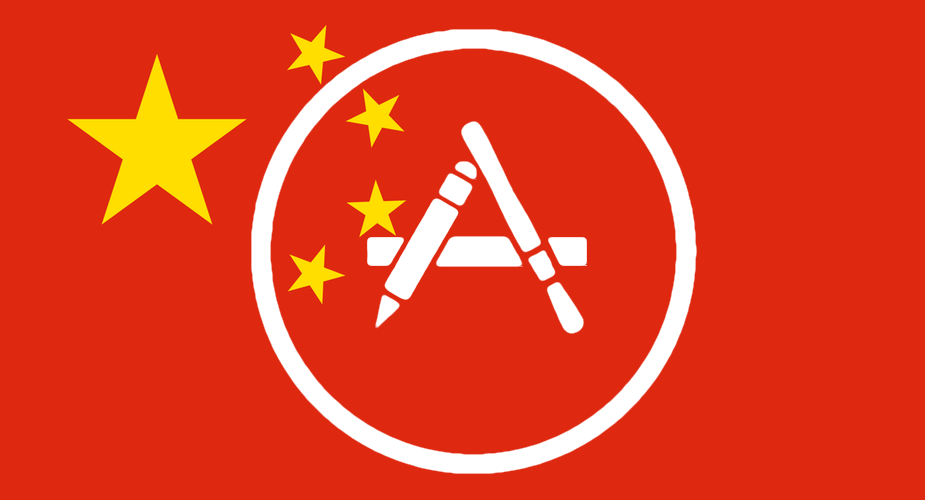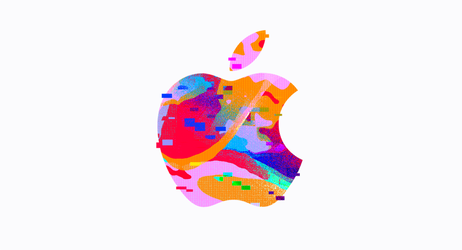Tim Cook tłumaczy, dlaczego Apple usunęło aplikacje VPN z chińskiego App Store
W ubiegłym tygodniu Apple usunęło z chińskiego App Store aplikacje VPN, tłumacząc deweloperom swoją decyzję, tym, że tego typu programy są w Chińskiej Republice Ludowej nielegalne.

Władze tego kraju od lat blokują użytkownikom dostęp do światowej sieci web, trzymając internet w tym kraju za tzw. Wielkim Murem Ogniowym lub Wielkim Firewallem. Usługi i aplikacje VPN pozwalają go ominąć i korzystać z dobrodziejstw globalnego internetu, a więc także, ze stron podających wiadomości bez partyjnej cenzury. Stąd też aplikacje tego typu dla smartfonów są w tym kraju zakazane, chyba że uzyskają specjalną licencję rządową - a więc nie będą dawać dostępu do sieci bez cenzury.
Sprawa ta wzbudziła wiele komentarzy, z kolei decyzję Apple postanowił wytłumaczyć sam Tim Cook. Jego zdaniem niektóre z aplikacji VPN nie otrzymały odpowiedniej licencji od chińskich włdz, bo nie spełniają stawianych przez nie wymagań. Apple musi przestrzegać prawa w krajach, w których operuje. Było więc zmuszone usunąć wspomniane programy. Cook wierzy jednak w skuteczność rozmów z władzami, z którymi Apple się nie zgadza. Ma też nadzieję, że z biegiem czasu restrykcje nałożone w Chińskiej Republice Ludowej na tego typu aplikacje zostaną zluzowane.
Cook odrzucił także zarzuty o to, że Apple nie przeciwstawiło się chińskim władzom, tak jak zrobiło to w przypadku żądania FBI stworzenia tylnej furtki do systemu iOS, by móc odzyskać dane zgromadzone na iPhonie islamskiego terrorysty, sprawcy masakry w domu pomocy w San Bernardino w Kalifornii. Zdaniem Tima Cooka, wtedy prawo stało po stronie Apple, w przypadku Chin jest inaczej, a firma musi zawsze przestrzegać prawa.
The central government in China back in 2015 started tightening the regulations associated with VPN apps. We have a number of those on our store. Essentially, as a requirement for someone to operate a VPN they have to have a license from the government there. Earlier this year, they began a renewed effort to enforce that policy. We were required by the government to remove some of the VPN apps from the app store that don’t meet these new regulations. We understand those same requirements on other app stores, as we check through that’s the case. Today there’s still hundreds of VPN apps on the app store, including hundreds by developers outside China. We would obviously rather not remove the apps, but like we do in other countries we follow the law wherever we do business. We strongly believe participating in markets and bringing benefits to customers is in the best interest of the folks there and in other countries as well.
We believe in engaging with governments even when we disagree. This particular case, we’re hopeful that over time the restrictions we’re seeing are loosened, because innovation really requires freedom to collaborate and communicate. I know that is a major focus there. That’s sort of what we’re seeing from that point of view. Some folks have tried to link it to the U.S. situation last year. They’re very different. In the case of the U.S., the law in the U.S. supported us. It was very clear. In the case of China, the law is very clear there. Like we would if the U.S. changed the law here, we have to abide by them in both cases. That doesn’t mean that we don’t state our point of view in the appropriate way, we always do that. So, hopefully, that’s a little bit… probably more than you wanted to know, but I wanted to tell you. – Apple CEO Tim Cook
Źródło: TechCrunch




W poprzednim artykule na ten temat ktoś napisał w komentarzu, że Apple, jeśli by weszło do Korei Północnej, też by poszło na dziwne ustępstwa. Tyle, że Korea Pn to mały rynek i nie ma sensu na niego wchodzić. A co by było, gdyby był duży? Preinstalowana tapeta z Kim Dzong Unem bez możliwości jej zmiany? Codzienna pobudka o 6 rano hymnem na cześć wodza? W końcu Apple przestrzega prawa ...